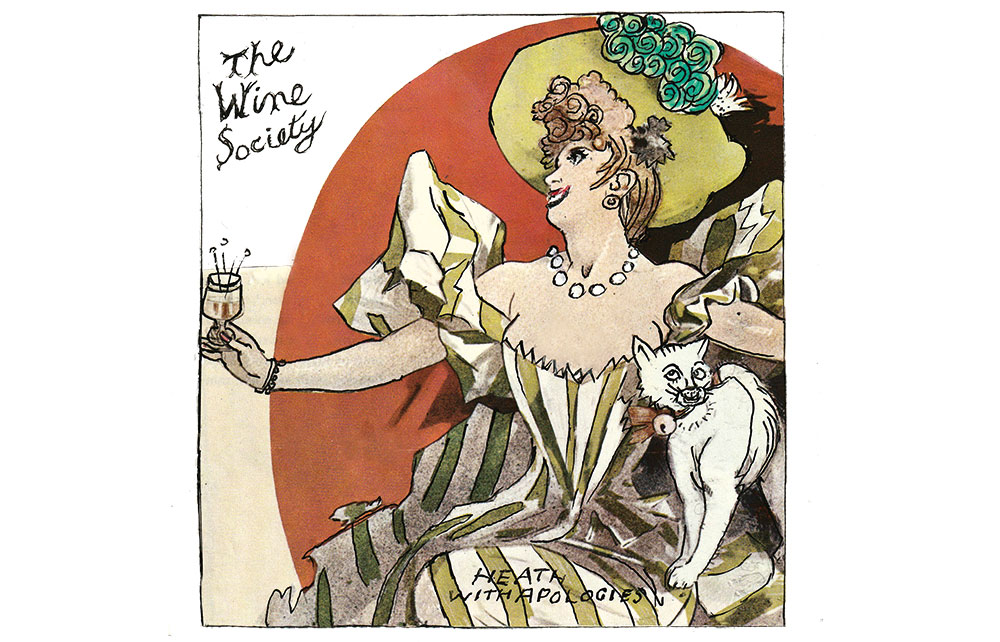Ask any group of consumers to name the UK’s most enduringly successful mutual enterprise and they will probably point to the Co-op or the Nationwide building society. But there’s a cognoscenti who will come up with a different answer: a business that operates from giant sheds beside a railway track at Stevenage. It is the Wine Society, now celebrating its 150th year.
Back in 1874, a quantity of Portuguese wine lay in the cellars of the Royal Albert Hall in Kensington, shipped there for an International Exhibition but overlooked and unsold. After the Portuguese shippers complained, a series of tasting lunches was organised – by Major General Henry Scott, one of the architects of the hall and the secretary to its commissioners, and Brudenell Carter, an ophthalmic surgeon – with a view to shifting the stock. From there grew the idea of the International Exhibition Co-operative Wine Society, founded to import good wines direct from growers and sell them to members at the lowest possible prices.
‘Passion before profit’ was the slogan I recall from a fine lunch at the Stevenage HQ some years ago
A co-operative is an association through which a common economic need is satisfied by a jointly owned enterprise with no third-party shareholders; mutual societies, mostly engaged in lending and insurance, do the same thing. The first great wave of mutuality was the building society movement that sprang up in the late 18th century to house the workers of growing industrial cities. The Rochdale Society of Equitable Pioneers, founded in 1844, was the prototype of grocery co-ops; the Co-operative Wholesale Society followed in Manchester in 1863.
So the model was well established by the time Scott and Carter first pulled a cork – and their society’s objective of satisfying members’ thirst for value has proved fruitful ever since. A single £40 share confers lifetime membership (newcomers can claim £20 of it back on their first order) and there are currently 178,000 ‘active’ members placing regular orders, plus a larger number who hold shares but have got out of the habit.








Comments
Join the debate for just £1 a month
Be part of the conversation with other Spectator readers by getting your first three months for £3.
UNLOCK ACCESS Just £1 a monthAlready a subscriber? Log in